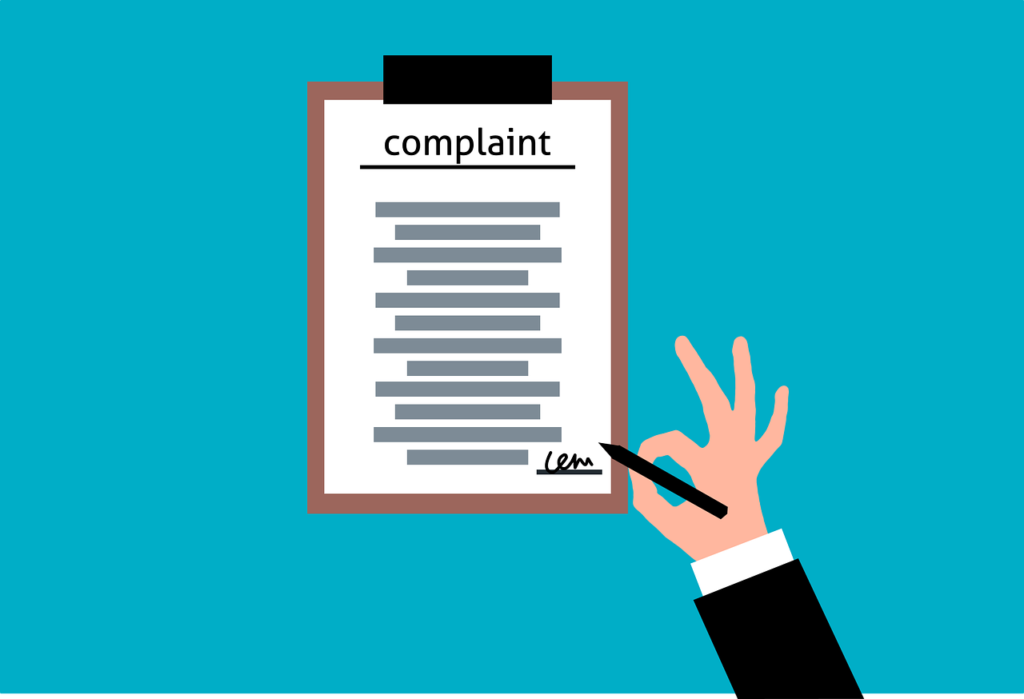A Client’s Rant
Gael Hannan (The Way I Hear It) is a hard of hearing advocate that understands both sides of the fence between the consumer and the hearing health care professional. Gael’s columns are humorous, sometimes cutting, but always constructive and to the point.
A client sits down in the chair opposite you. You ask them how they’ve been. You don’t want a long recitation of what they’ve been up to, but you do want honest answers in the area of hearing and communication.
If you had asked me how I wasin, say, early October, and I answered you honestly, I would have told you that my summer had been mixed bag. It was when I got a new hearing aid AND a new cochlear implant sound processor AND new apps on my phone that stream them. Things didn’t go so smoothly.
Device adjustments, sound levels, hearing assessments, too loud, not loud enough, beeps coming from everywhere, and tinnitus glowing hot.
At times like these, I secretly wish I could pick a different condition, preferably one not too painful, or simply revert to being a hearing person. With a quiet head. Yes, the green-eyed monster rises up every once in a while. I can’t help it.
I look at people with no hearing loss and think, “You don’t even appreciate how good you’ve got it! Good hearing is wasted on you!”
I don’t want to be them. I don’t want their looks, money, career, body shape or Instagram followers. All I want, every once in a while, is their ability to hear. To just relax and “get it” in real time, in the moment, unaided, without working at it.
My super fantasy is to throw off my hearing aid and sound processor and breathe the sounds of life into my ears. Naturally, easily.
Sometimes, in those green-eyed moments, I engage in a little bargaining. I’d scrub heaven’s floor in the morning and polish the gates of hell in the afternoon—just so that I could experience effortless hearing. This is a deep confession from the person who, for the past 25 years, has been writing and talking about how to live skillfully with hearing loss. We just need to learn our stuff, keep our elbows up and be ready with a good sidekick and head-butt to break down the barriers to better communication.
Someone once told me that “Hearing people do what they do best—they hear.” They can’t help it. But they’re not more worthy than me just because they can hear the ‘T’ in ‘pizza’. (You’re pronouncing ‘pizza’ to yourself right now, aren’t you?) I don’t feel inferior; my sense of self-awesomeness is intact. But I like saying things correctly and the fact that they can hear that T-in-pizza amazes me. I only found out about it when a friend said she couldn’t stand hearing me say pee-zuh anymore. Why wasn’t I told this as a kid? It would have saved me years of peezuh-eating. Even now, with enhanced electronic hearing, I still sometimes ask friends how to say words.
“Does ‘gargantuan’ have a hard ‘g’ or soft ‘g’ or both?”
(Pause.) “I don’t even know what that means.”
“It means huge, really big.”
“Well, then use ‘big’. Because I know it’s got a hard ‘g’.”
So, what can hearing people do so well that I cannot, even with the world’s best devices?
They can converse through walls. A kitchen to living room conversation is nothing for these folks.
They can hear and understand you without looking at you, while they’re checking their phone, for example.
They can chat in the dark.
They don’t get lost in a group conversation.
They can tell you where a sound is coming from.
They can also find quiet when they want it, because there’s no orchestra playing in their head.
I’m grateful for my technology and what it does for me. Yet it’s a comforting and guilty pleasure to occasionally give in to my Green-Eyed Monster. But since I don’t plan on visiting heaven or hell any time soon, I’ll keep punching out those barriers and asking people for help with the tough words.
And, when you ask me how things have been, I would spare you the emotional rant. That belongs to me.


